Keywords: Democratic Labor Party
-
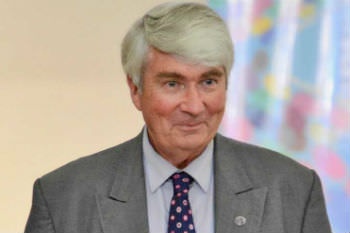
RELIGION
- Frank Brennan
- 01 March 2019
2 Comments
'John was Catholic to his bootstraps: Catholic, Irish Australian, a Labor man and a Carlton supporter. He'd have loved the inaugural speech delivered in the Victorian Parliament last month by the new Labor member for Hawthorn.' — Frank Brennan, Great Hall University House, Australian National University, 1 March 2019.
READ MORE
-
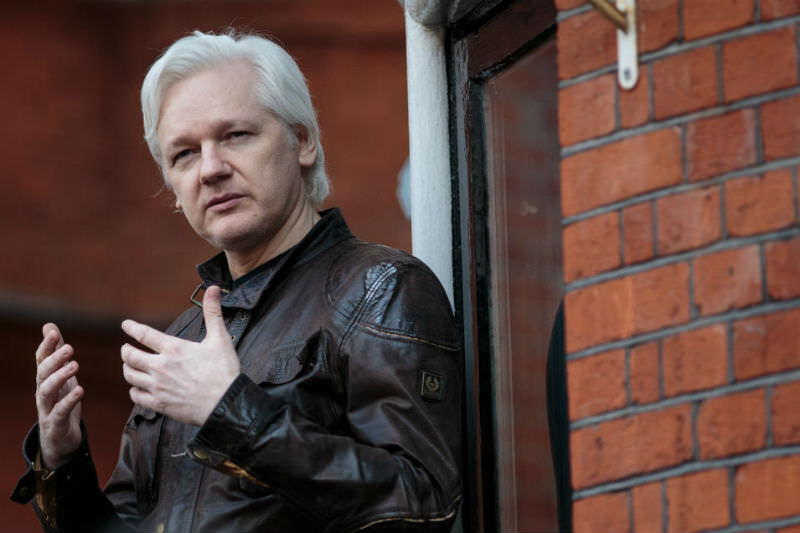
MEDIA
- Binoy Kampmark
- 28 November 2018
6 Comments
With the evidence of a cobbled prosecution case against Julian Assange irrefutable, the at times previously mute press has become concerned. To get at Assange, goes this fear, is not to punish a narcissist keen to make etches in history; it is, by its very spirit, to attack the entire vocation, cause, and role of journalism proper.
READ MORE 
-
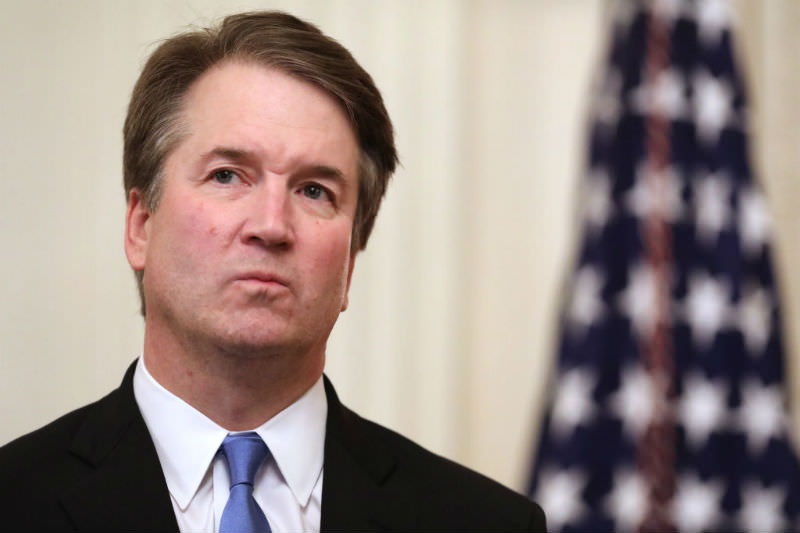
INTERNATIONAL
- Andrew Hamilton
- 17 October 2018
4 Comments
The charge brought against Kavanaugh invites reflection on what past actions and allegations should disqualify a person from holding public office. And in a society where increasingly traces of our past actions will be indelibly recorded, what scope should there be for remission and wiping the slate clean of past offences?
READ MORE 
-
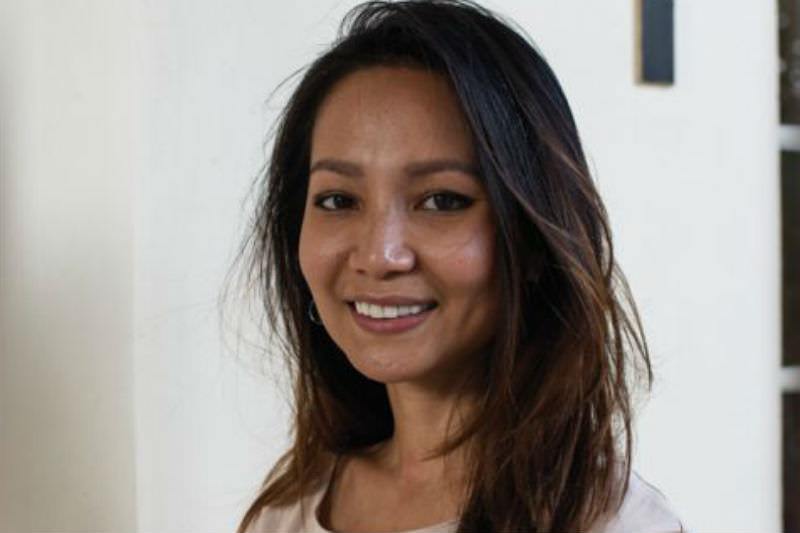
AUSTRALIA
- Kerry Murphy
- 20 August 2018
2 Comments
Hopefully Australia will take stronger measures against what is effectively a one party state that ruthlessly crushes opposition at home and seeks to intimidate and threaten critics abroad. It is not surprising that after 25 years, I am again seeing Cambodian asylum seekers.
READ MORE 
-
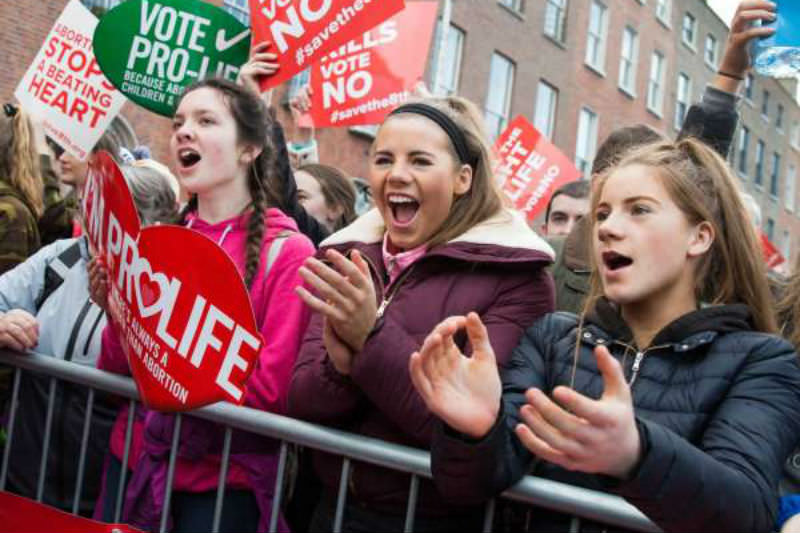
RELIGION
- Ann Deslandes
- 04 June 2018
56 Comments
The result in Ireland is a timely reminder to political and/or church leaders in Australia who like to use Irish Catholic heritage as a way to defend their conservative views. On nearly all issues that have been debated by Australian Catholics against their religious obligations, the motherland is, clearly, no longer the source of moral legitimacy.
READ MORE 
-

INTERNATIONAL
- Lizzie O'Shea
- 07 May 2018
12 Comments
A common response to voters behaving badly is to call for qualifications on the franchise, such as education, or the outsourcing of public policy decisions to experts. Instead, I'd argue the opposite: the problem is not democracy, it is the deficit. It is not that too many people have a say in how society is run, but rather not enough.
READ MORE 
-
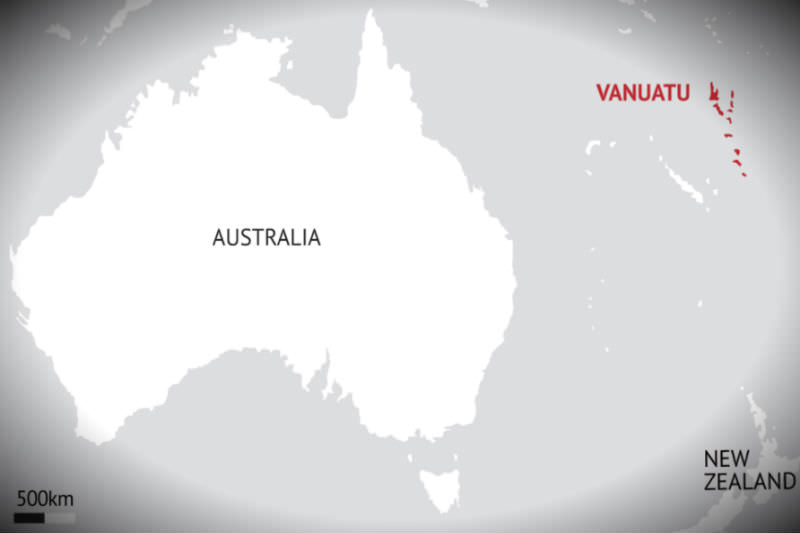
INTERNATIONAL
- Eliza Berlage
- 19 April 2018
China and India are rising global powers, thanks to a burgeoning middle class, huge export markets and military might. So why wouldn't they take the western retreat from the Pacific as an invitation to dance? But their support comes with a crippling debt levels and the potential for a favour to be called in down the line.
READ MORE 
-
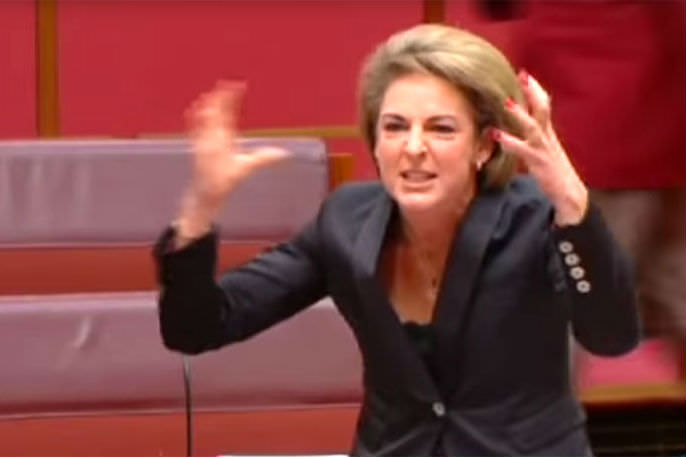
AUSTRALIA
- John Warhurst
- 06 November 2017
13 Comments
The raid on the offices of the Australian Workers Union by the Australian Federal Police demonstrates a disrespect for trade unions contrary to the Catholic tradition. The political theatre indulged in by the Employment Minister Michaelia Cash and the Registered Organisations Commission is especially worrying for the deeper attitudes it reveals.
READ MORE 
-

RELIGION
- Frank Brennan
- 30 August 2017
6 Comments
'There was one controversy in which Lionel Bowen was involved that does provide good lessons for the contemporary Catholic considering the desirable law or social policy on a contested issue - lessons for the citizen weighing what is for the common good. Back in 1979 there was debate in the Parliament on a motion which was framed to stop Medicare funding of abortions. Bowen, a strict Catholic, was strongly opposed to the motion. He did not think the motion was about abortion. He thought it was about money.' Frank Brennan's 2017 Lionel Bowen Lecture
READ MORE
-
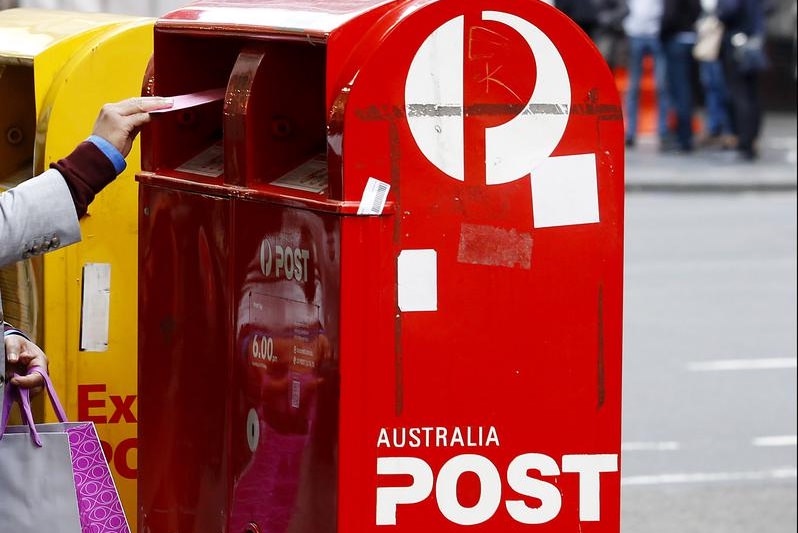
AUSTRALIA
- Rohan Salmond
- 21 August 2017
53 Comments
Same-sex marriage, the government tells us, is not a first-order issue. And yet it has grown to become a controversy so monumental it has overshadowed even the prospect of nuclear war with North Korea.
READ MORE 
-
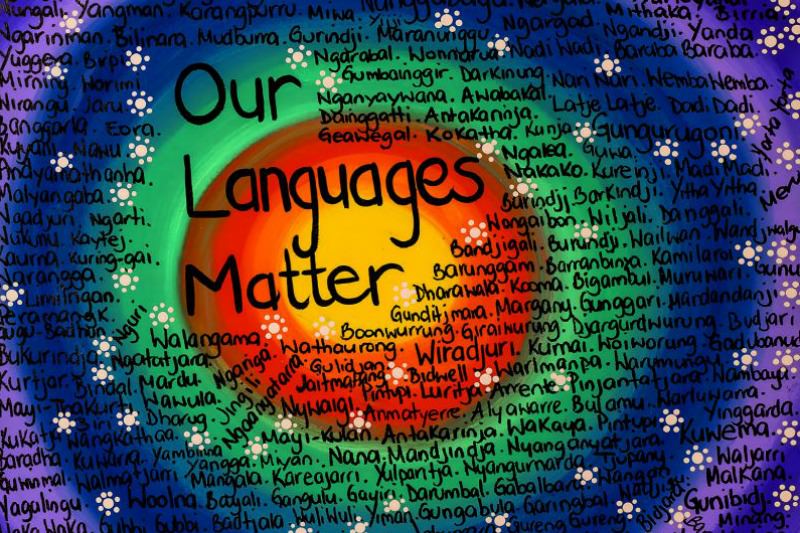
AUSTRALIA
- Frank Brennan
- 04 July 2017
6 Comments
It is no disrespect to those Aborigines and Torres Strait Islanders gathered at Uluru to say that now is the time for the report of the Referendum Council to be scrutinised by our national politicians, and that our elected leaders should pay special heed to the observations of those Indigenous members of the federal parliament who have offered considered reflections on the way forward. In particular, our elected representatives should have regard to the views of Patrick Dodson who is now Bill Shorten's Shadow Assistant Minister for Indigenous Affairs and Aboriginal and Torres Strait Islanders.
READ MORE 
-
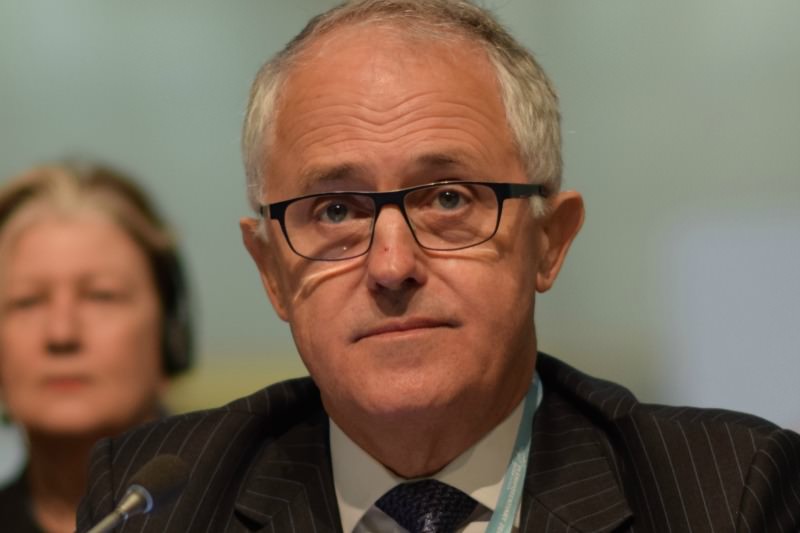
AUSTRALIA
- Fatima Measham
- 21 June 2017
15 Comments
In the latest Essential poll, the primary vote for Pauline Hanson's One Nation lifted to 11 per cent. It does not bode well when competence is no longer the baseline; though in a leadership vacuum, 'someone else' holds a natural appeal. In any case, there can be worse things than incompetence. There is timidity. Mediocrity. Running up the cost of doing nothing at all. In so many ways, the Australian political class is holding us back. That is the crux of nearly every policy impasse over the past several years.
READ MORE 